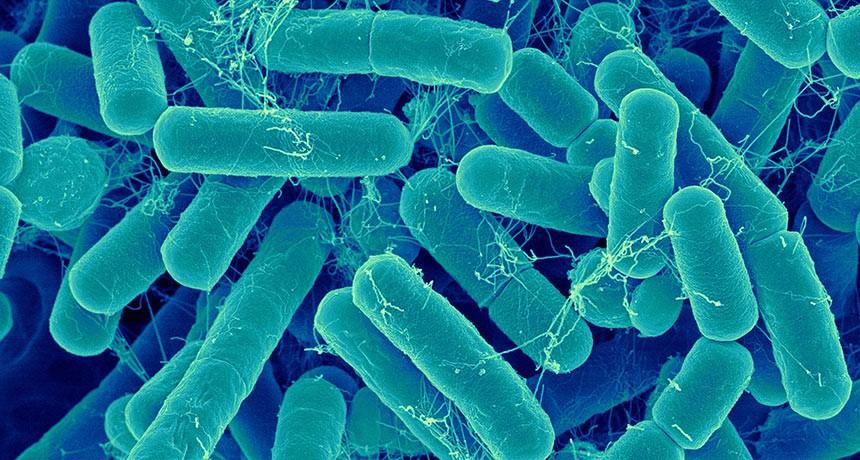The Problem with Anti-Vaxxers By Ella Broomberg, U6 DT ‘Anti-vaxxer’ is the term coined for people who are opposed to vaccinations because, ultimately, they do more harm than good. They disparage medical professionals and scientific research that demonstrates the benefits and safety of such medications and take an active stand by refusing to vaccinate themselves or their children.
The early 21st century saw a spike in refusal of the MMR vaccine, following the release of a study by Andrew Wakefield in 1998. It stated that there was a link between the triple vaccine against measles, mumps and rubella, and autism. This led to widespread panic, and vaccination rates dropped from 90% to 79% in 2003. This study has since been disproven by an investigation, involving over 600,000 children, which concluded that the vaccine does not increase the risk of developing autism, nor does it trigger the disorder. Many put their distrust of vaccinations down to their own bad experiences. In a video made by ‘Jubilee Media’, one woman describes how she became arthritic in her hands in college after receiving a vaccine, while another tells the story of her daughter developing epilepsy for which she blames her vaccinations. As with any medical procedure, vaccination does come with risks, but these are very low. For example, there is a 1 in 100,000 risk of anaphylaxis (allergic reaction) to the vaccine; this is often due to an egg allergy, and the nurse administering the vaccine will check for this to minimise the risk. No vaccination would be distributed to the public if its side effects had not been tested for, and however significant you consider the risks, the benefits are evident through outbreaks that have occurred in recent years. Whilst 1996 saw fewer than 100 cases of measles in the UK, there were over 2000 laboratory-confirmed cases in 2012, which coincides with the wave of children not vaccinated following the 1998 scare. There are 3 reasons why this ‘revolution’ is a problem for the health and future of our population: kids are at risk; herd immunity is threatened; and vaccination could lead to eradication. 1. Kids are at risk. This rise in anti-vaccination is being seen primarily in parents refusing to get their children vaccinated. Spending so much of their time around
17





